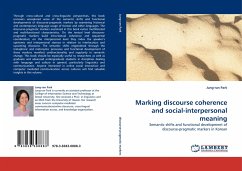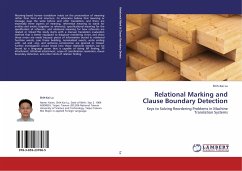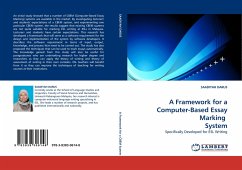Through cross-cultural and cross-linguistic perspectives, this book uncovers unexplored areas of the semantic shifts and functional developments of discourse-pragmatic markers by examining historical and contemporary language usage of Korean and other languages. The discourse-pragmatic markers examined in this book evince multifaceted and multifunctional characteristics. On the textual level discourse-pragmatic markers build intra-textual coherence and sequential coordination; on the interpersonal level they index the speaker s epistemic and interpersonal stances in relation to interlocutors and upcoming discourse. The semantic shifts engendered through the metaphoric and metonymic processes and functional development of these markers manifest unidirectionality and regularity in semantic change. This book should be especially useful to researchers as well as graduate and advanced undergraduate students in disciplines dealing with language and culture in general, particularly linguistics and communications. Anyone interested in online social interaction and computer mediated communication across cultures will find valuable insights in this volume.
Bitte wählen Sie Ihr Anliegen aus.
Rechnungen
Retourenschein anfordern
Bestellstatus
Storno








